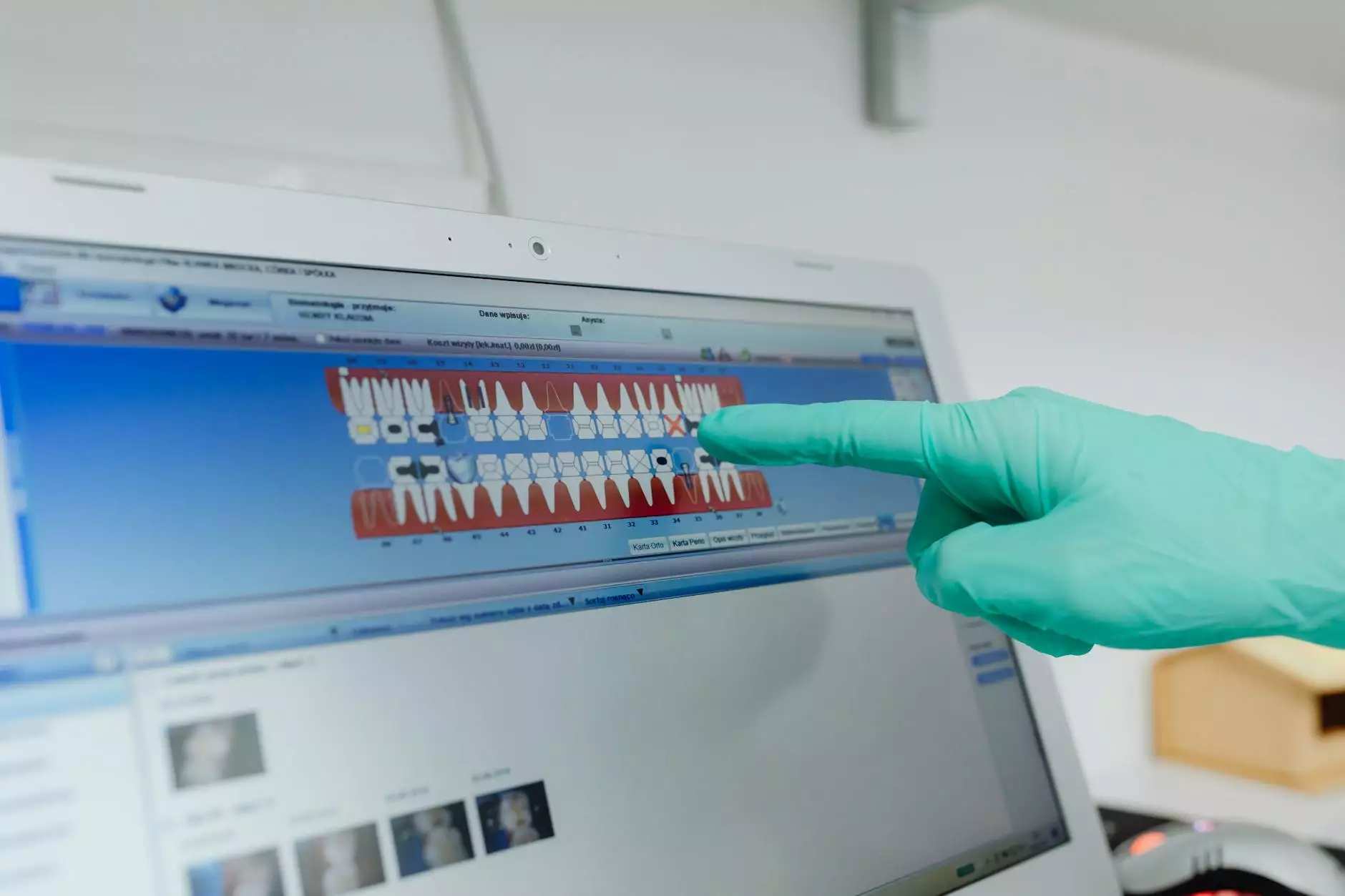Understanding Thyroid Cancer Treatments: A Comprehensive Guide

Thyroid cancer, a malignancy that arises from the thyroid gland, is becoming increasingly prevalent. With more than 52,000 new cases diagnosed annually in the United States alone, understanding thyroid cancer treatments is crucial for patients and their families. This article aims to provide an in-depth overview of the various treatment options available, emerging advancements in the field, and supportive measures to enhance recovery.
What Is Thyroid Cancer?
The thyroid gland, located in the front of the neck, produces hormones that regulate metabolism. When cells in the thyroid mutate and grow uncontrollably, they can form tumors, leading to thyroid cancer. There are various types of thyroid cancer, including:
- Papillary Thyroid Carcinoma: The most common form, accounting for about 80% of cases.
- Follicular Thyroid Carcinoma: Makes up about 10-15% of cases and typically grows slower.
- Medullary Thyroid Carcinoma: A rarer type, often associated with genetic syndromes.
- Anaplastic Thyroid Carcinoma: A highly aggressive and rare form, often requiring intensive intervention.
Diagnosing Thyroid Cancer
Accurate diagnosis is the first step toward effective thyroid cancer treatments. Physicians employ several methods to diagnose thyroid cancer:
- Physical Examination: A thorough check for thyroid nodules or swelling.
- Blood Tests: Assess levels of thyroid hormones and thyroglobulin.
- Imaging Tests: Ultrasound, CT scans, and MRIs help visualize the thyroid and nearby tissues.
- Fine Needle Aspiration Biopsy (FNAB): A procedure to extract tissue samples from nodules for laboratory analysis.
Conventional Thyroid Cancer Treatments
Once diagnosed, the treatment plan may vary based on the type and stage of cancer, as well as the patient's overall health. Here are the primary treatment modalities:
Surgery
Surgery is often the first-line treatment for differentiated thyroid cancers:
- Total Thyroidectomy: Complete removal of the thyroid gland, commonly performed for larger or aggressive tumors.
- Near-Total Thyroidectomy: Most of the thyroid is removed, but a small portion is left intact.
- Lobectomy: Removal of one lobe of the thyroid gland, usually for smaller, localized cancers.
Post-surgery, patients may need to undergo radioactive iodine treatment to eliminate remaining thyroid cancer cells.
Radioactive Iodine Therapy
This treatment is particularly effective for certain types of thyroid cancer. Patients ingest a radioactive form of iodine, which selectively destroys remaining cancerous thyroid tissue. This treatment is done after surgery and is typically well-tolerated.
External Beam Radiation Therapy
For patients with advanced thyroid cancer or those who cannot undergo surgery, external beam radiation therapy may be necessary. This treatment involves targeted radiation beams to kill cancer cells. It can also relieve symptoms associated with advanced cancer.
Targeted Therapy
Modern medicine has seen significant advancements in targeted therapies aimed at specific genetic mutations in cancer cells. Medications such as lenvatinib and cabozantinib have been effective for treating advanced thyroid cancers that no longer respond to radioactive iodine.
Thyroid Hormone Replacement Therapy
After surgery, patients may require thyroid hormone replacement therapy. This involves taking synthetic thyroid hormones to maintain normal metabolic levels and functionality, which the body can no longer produce due to surgery or disease.
Recent Advances in Thyroid Cancer Treatments
Research into thyroid cancer treatments is ongoing, leading to innovative approaches such as:
Immunotherapy
This cutting-edge treatment enhances the body’s immune response against cancer. Although still under investigation for thyroid cancer, it has shown promise in clinical trials and may become a mainstream treatment option in the future.
Clinical Trials
Patients may consider enrolling in clinical trials to access new therapies and contribute to advancing research. Always consult with your healthcare provider about potential opportunities and their applicability to your care.
Preparing for Treatment
Preparation is vital to ensuring the best possible outcomes throughout the treatment process. Here are steps to consider:
- Consultation with specialists: Engage with oncologists, endocrinologists, and surgeons experienced in thyroid cancer.
- Gathering support: Inform family and friends to create a support network, which is essential for emotional and physical well-being.
- Understanding your treatment plan: Ask questions about your specific treatments, side effects, and expected outcomes.
Side Effects of Thyroid Cancer Treatments
Just as with any cancer treatment, side effects may occur. Common side effects of thyroid cancer treatments include:
- Fatigue: A common symptom post-surgery and during radioiodine therapy.
- Weight Changes: Due to alterations in metabolism post-treatment.
- Thyroid Hormone Fluctuations: Leading to symptoms of hypo- or hyperthyroidism.
- Emotional Challenges: Anxiety or depression may arise during treatment; counseling and support groups can be beneficial.
Life After Thyroid Cancer Treatment
Survivorship begins after completing treatment; adapting to life post-cancer is crucial. Here are important considerations:
- Regular Follow-Ups: Continuous monitoring is essential for detecting any recurrence.
- Healthy Lifestyle Choices: A balanced diet and regular exercise can support recovery and overall health.
- Mental Health Support: Engage with mental health resources or support groups to address emotional well-being.
- Educational Resources: Staying informed about thyroid cancer and available resources can empower patients.
The Future of Thyroid Cancer Treatment
As research continues, the future of thyroid cancer treatments holds promise. Ongoing studies and clinical trials aim to:
- Identify Effective Combinations: Finding synergistic treatment approaches combining surgery, radioactive iodine, and targeted therapy.
- Personalized Medicine: Tailoring treatments based on individual genetic profiles and tumor characteristics.
- Minimally Invasive Techniques: Advancing surgical methods to reduce recovery times and improve outcomes.
Conclusion
Understanding the landscape of thyroid cancer treatments empowers patients to make informed choices about their healthcare. With advancements in medicine, personalized treatment plans, and ongoing research, there is hope and optimism for those affected by this disease. It is essential to work closely with healthcare providers to navigate the challenges of diagnosis, treatment, and survivorship.
For more information on thyroid cancer treatments and how our services can support you, please visit oncologicalsurgery.net.









